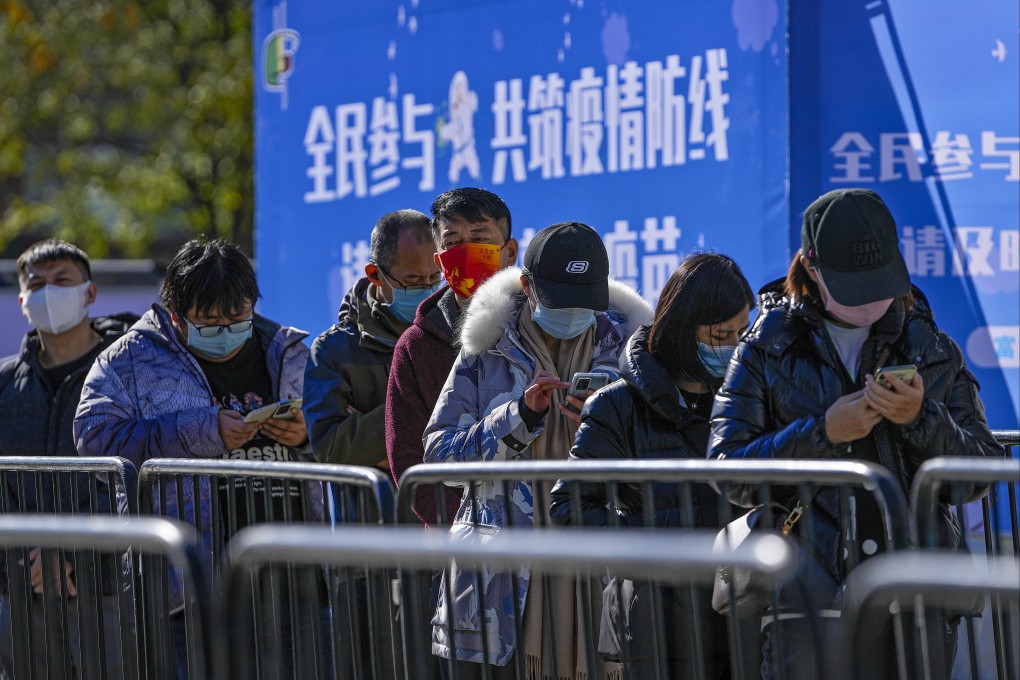Advertisement
BioNTech ‘committed’ as wait goes on for China to approve its Covid-19 vaccine
- Unlike Chinese jabs that use an inactivated virus, the German firm uses mRNA technology, which studies show gives more protection against Omicron as a booster
- No scientific reason BioNTech’s vaccine cannot be approved in China, expert says
Reading Time:2 minutes
Why you can trust SCMP
14

German company BioNTech has said it still hopes to have its Covid-19 vaccine approved in China, despite the process having been stalled for months.
Approval of the vaccine was “extremely important” but the outcome of China’s regulatory review was “very difficult to predict”, Sean Marett, the firm’s chief commercial officer, was quoted by Reuters as saying at a health care conference on Tuesday.
“It is a continued dialogue with the Chinese authorities,” Marett said. “China remains extremely important to us, and we are committed [to the review].”
Advertisement
The company’s vaccine is widely available internationally but has yet to receive any regulatory approval in mainland China, despite Chinese firm Shanghai Fosun Pharmaceutical distributing it in Hong Kong, Macau and Taiwan. Made using mRNA technology, it is distributed elsewhere by Pfizer.
The lack of approval in mainland China for one of the world’s most widely used and effective vaccines has been striking, especially as mRNA doses have been given as boosters in other countries that – like China – relied initially on jabs made using the inactivated virus method.
Advertisement
Advertisement
Select Voice
Select Speed
1.00x
